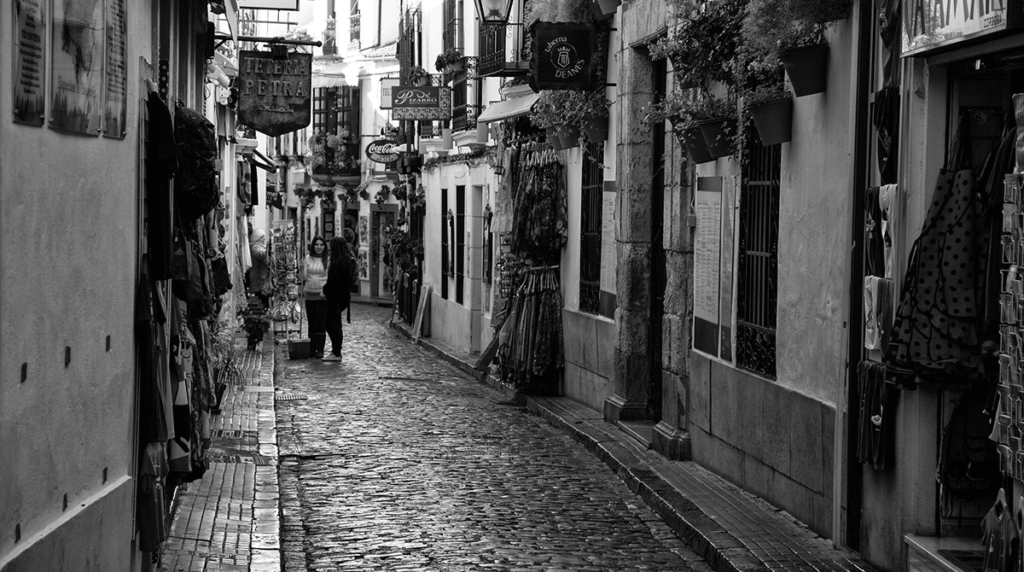
Spain is one of the safest places to visit, proclaimed a poster on the wall of the police precinct where I went the other day to pick up my new residency card. Then the poster gave a pair of numbers to call in case of emergency. But if it is so safe, I wondered, why the number, why two numbers?
I’ve heard stories about rental cars in Seville singled out for burglary during tourist season, and just a few years ago a gang of thieves was targeting houses near Gijón. Even before, friends awoke one morning to find their car missing from their garage after someone had broken into the house, found the keys, and driven off, all without disturbing them or their sleeping dog.
Worse are the details from all over Spain of crimes of passion, which generally fall into the category of violencia de género, violence against women. A group of five men, the self-named La Manada, the wolf pack, raped a woman in Pamplona three summers ago and, until the final sentence after appeal, which doubled their jail time, they appeared to the protesting public to have gotten away with it.
When I first lived in Spain, 30 years ago, I felt perfectly safe walking the streets of Madrid any time of the night, and though it might be smarter to act as if the streets are never safe for women, here in Gijón I’d still feel so, I think, if I kept the same hours. Partly that’s because I’ve felt welcome in this country, well-treated. Surely, I feel, if I were to call out for help, I’d get it. The people I’ve met are kind, they’re concerned. In general, they appreciate this quality in themselves. “That’s how we are,” their easy smiles seem to say.
In Spain during the middle ages, Christians, Muslims, and Jews shared influence and power. Tolerance was the rule. “And what about 1492,” one might point out, “and the Alhambra Decree, when Jews were forced to convert to Christianity or leave? They weren’t asked nicely.”
The answer might simply be, the way it often is, that the same bad things happened in other places. Look at Portugal. Much worse occurred all over Europe. And besides, reparations have been made: Spain granted citizenship in 1924 to descendants of the expelled Jews, and in 2014 allowed them dual citizenship. In 2015, the offer was bettered: return or not, as you wish, but become a citizen, no strings attached.
That wouldn’t be bad, I thought, pocketing my long-term residency card. For larga duración. It looks like I’m here for the long run. I have to renew the card every five years. Not quite citizenship and not quite permanent, but close enough. A long run is a pretty good run.

